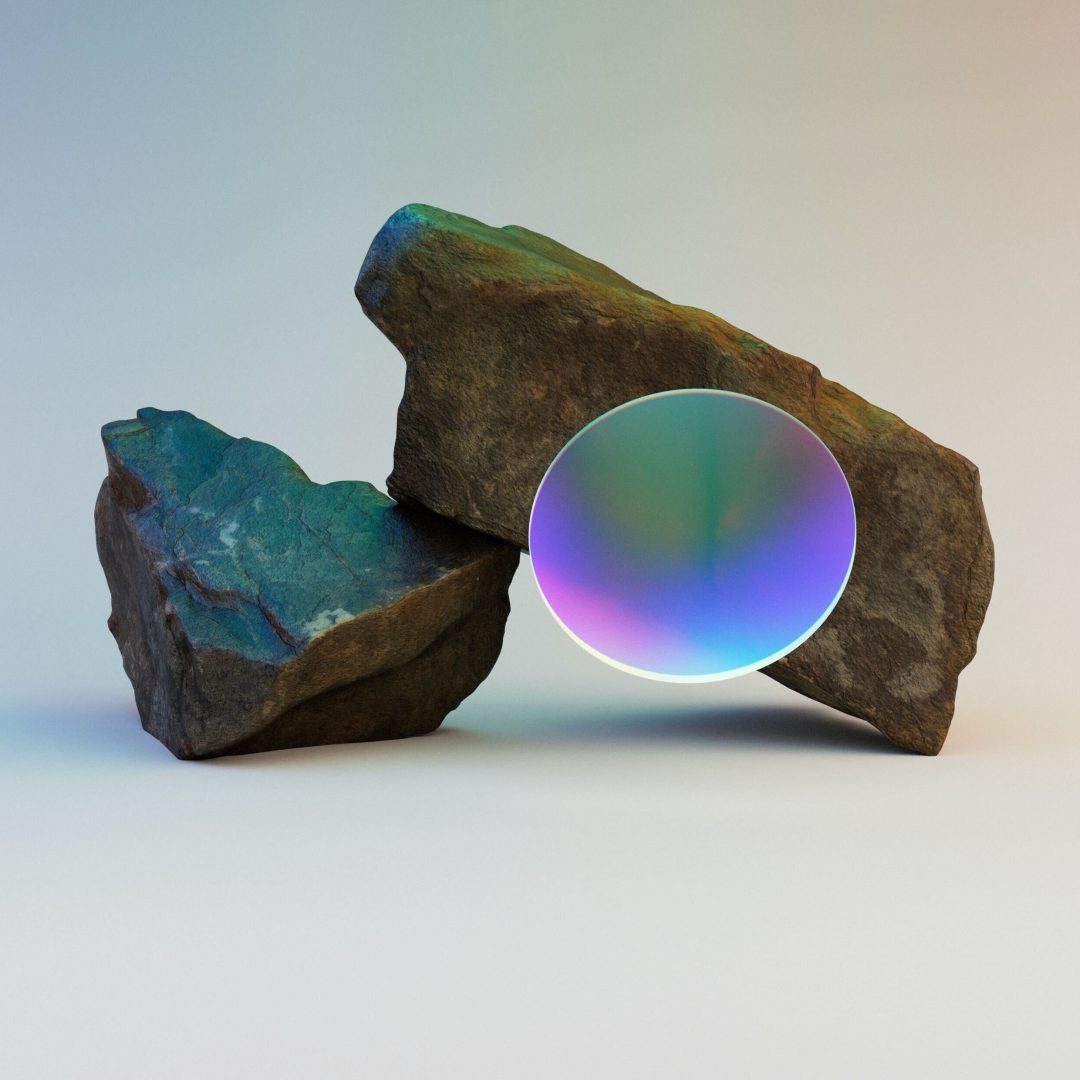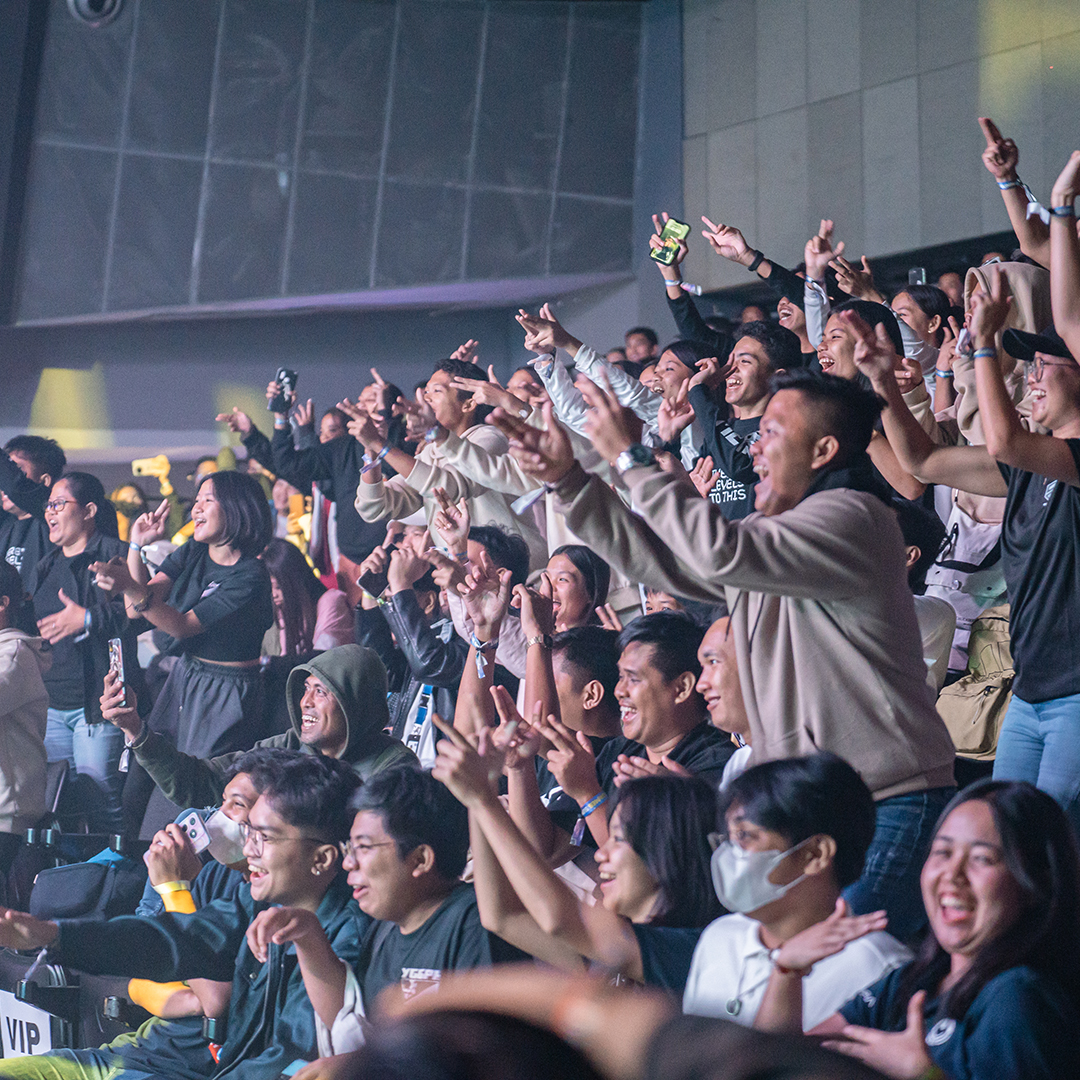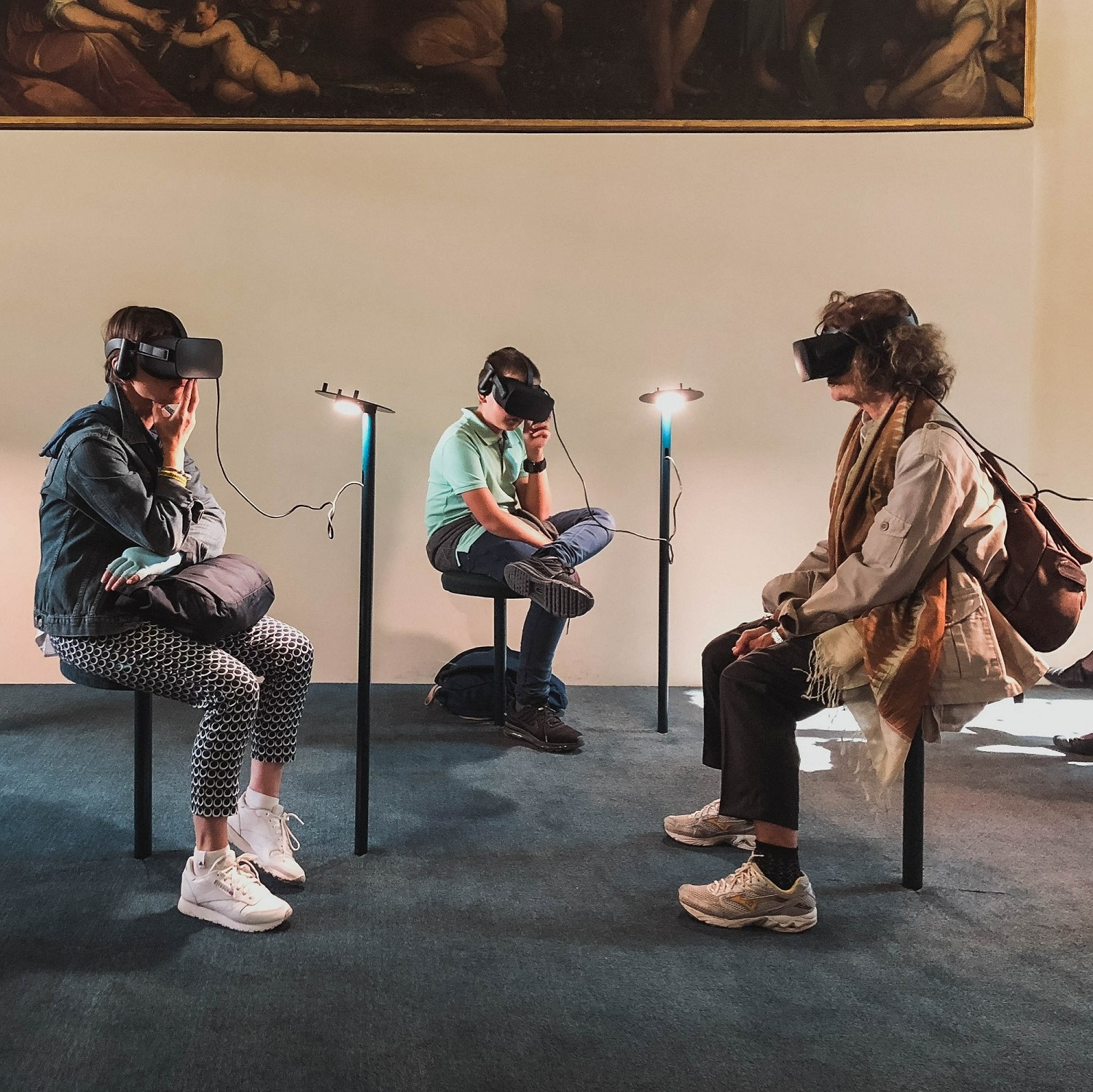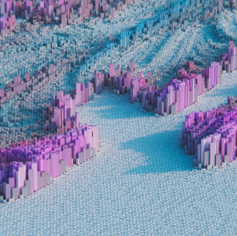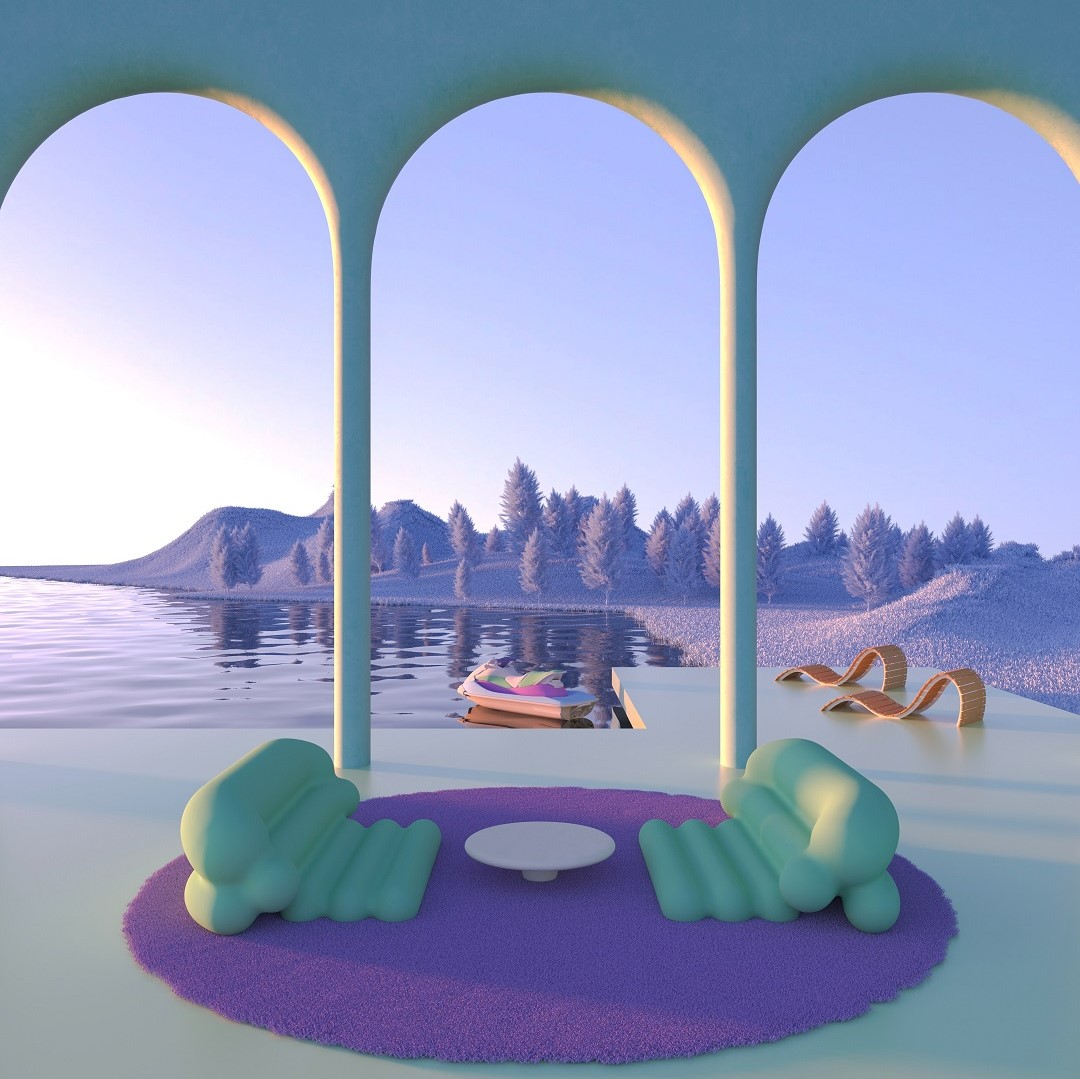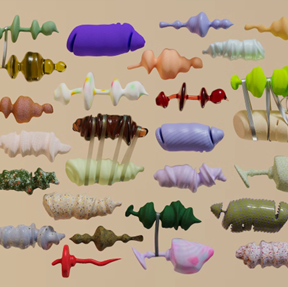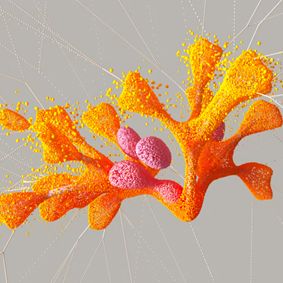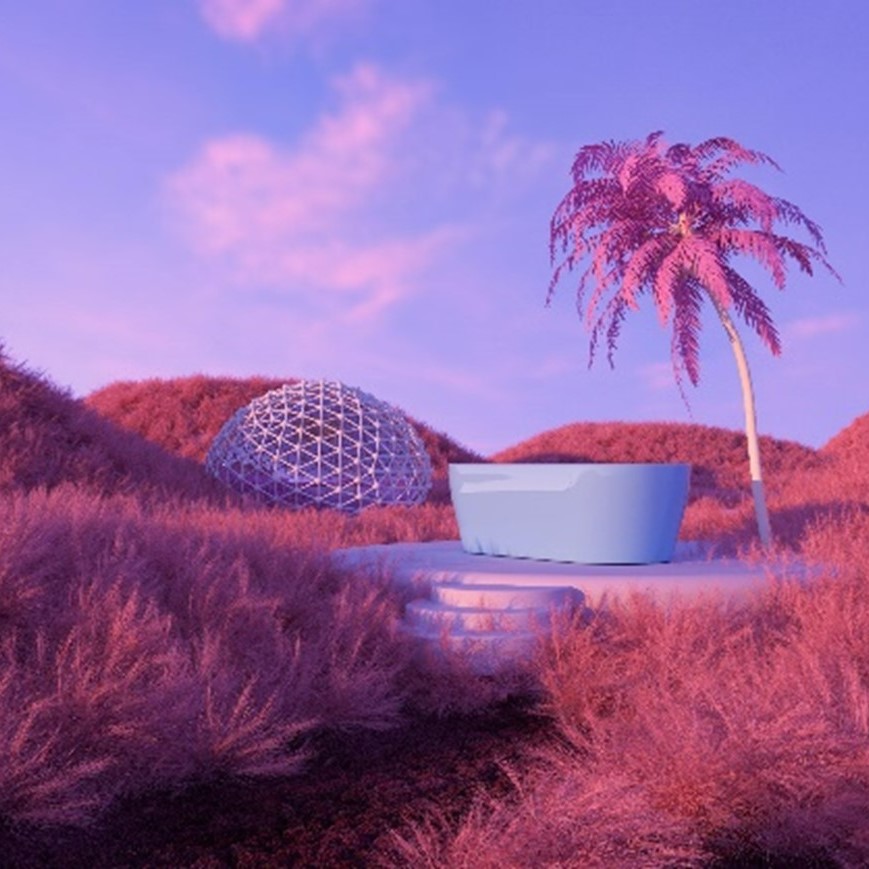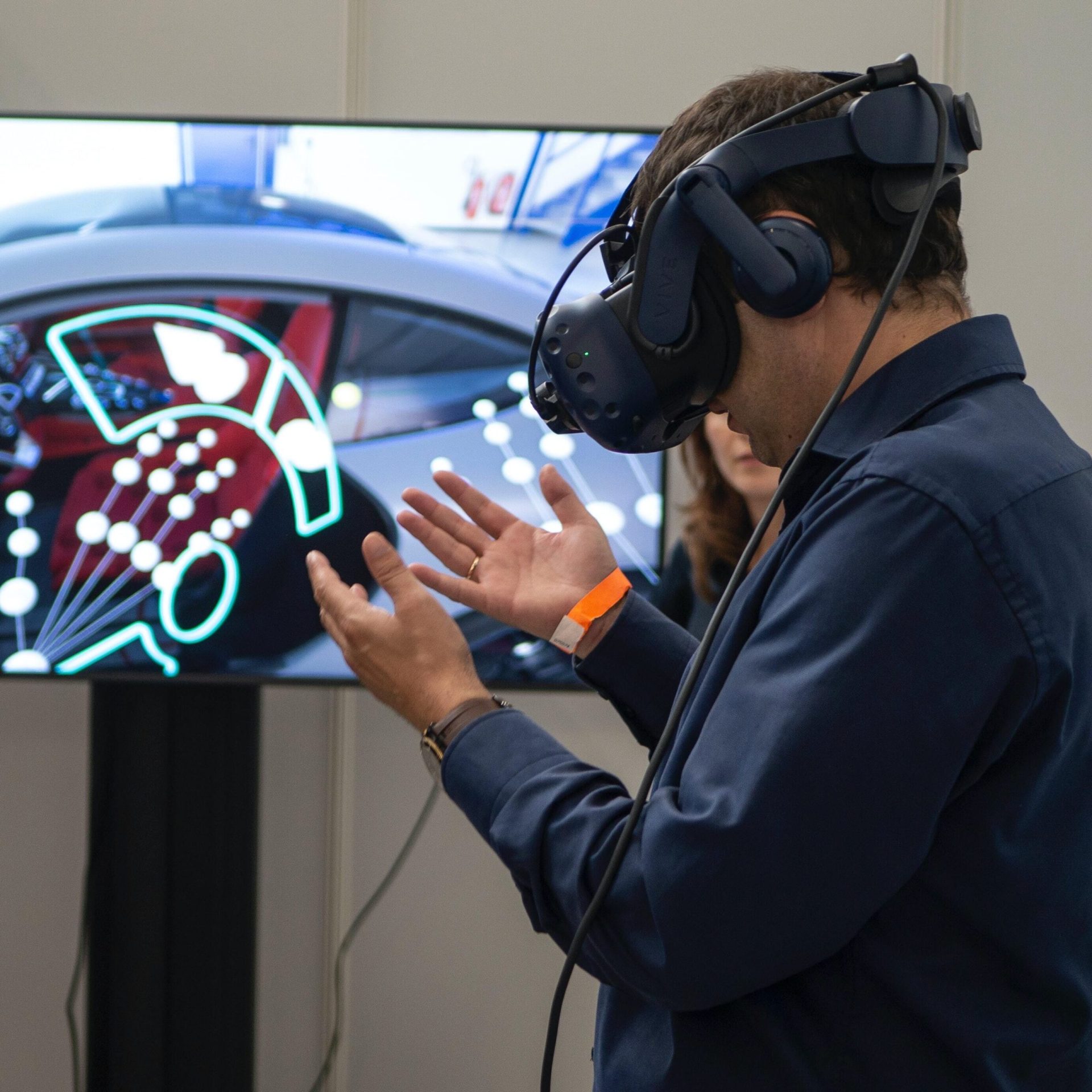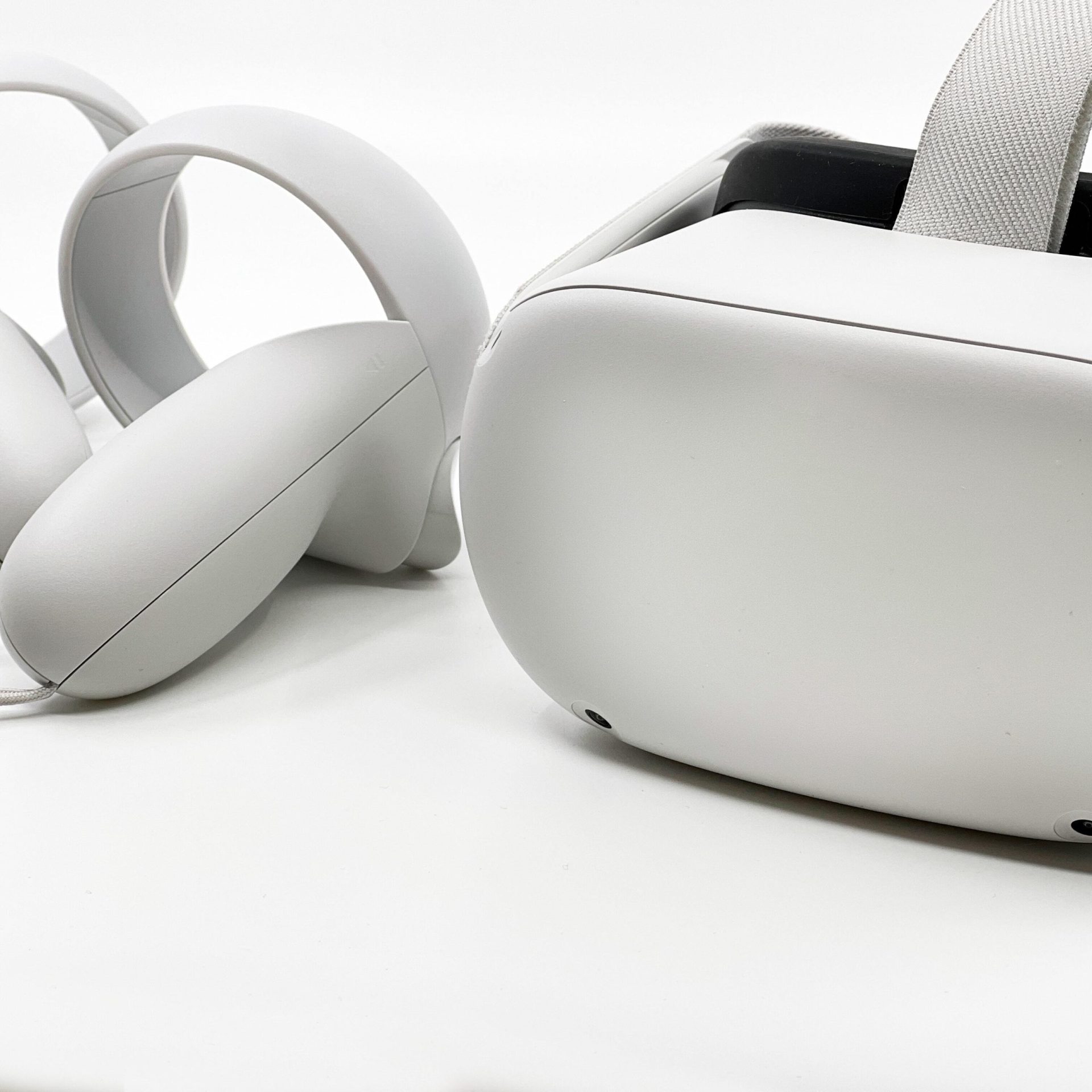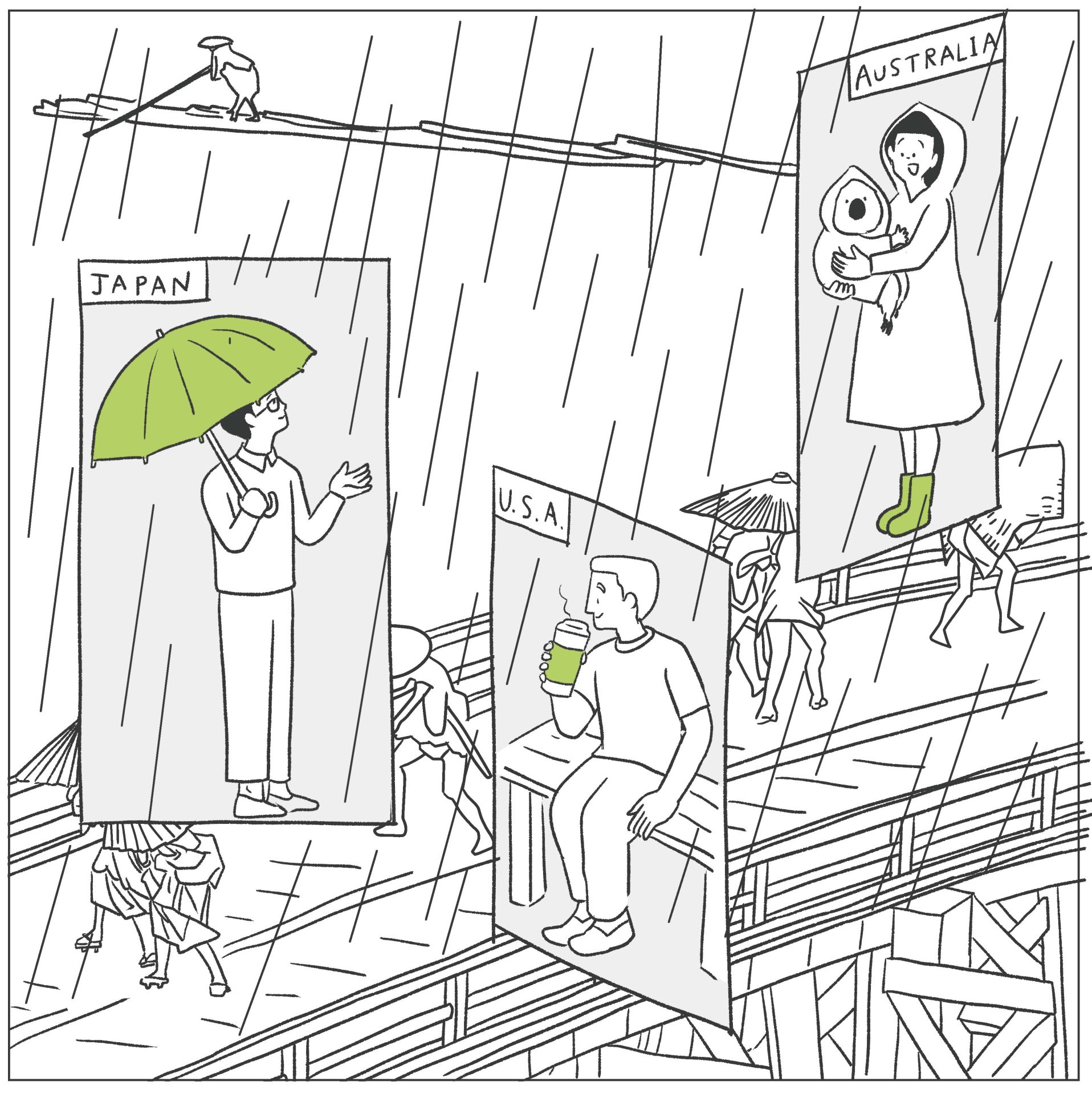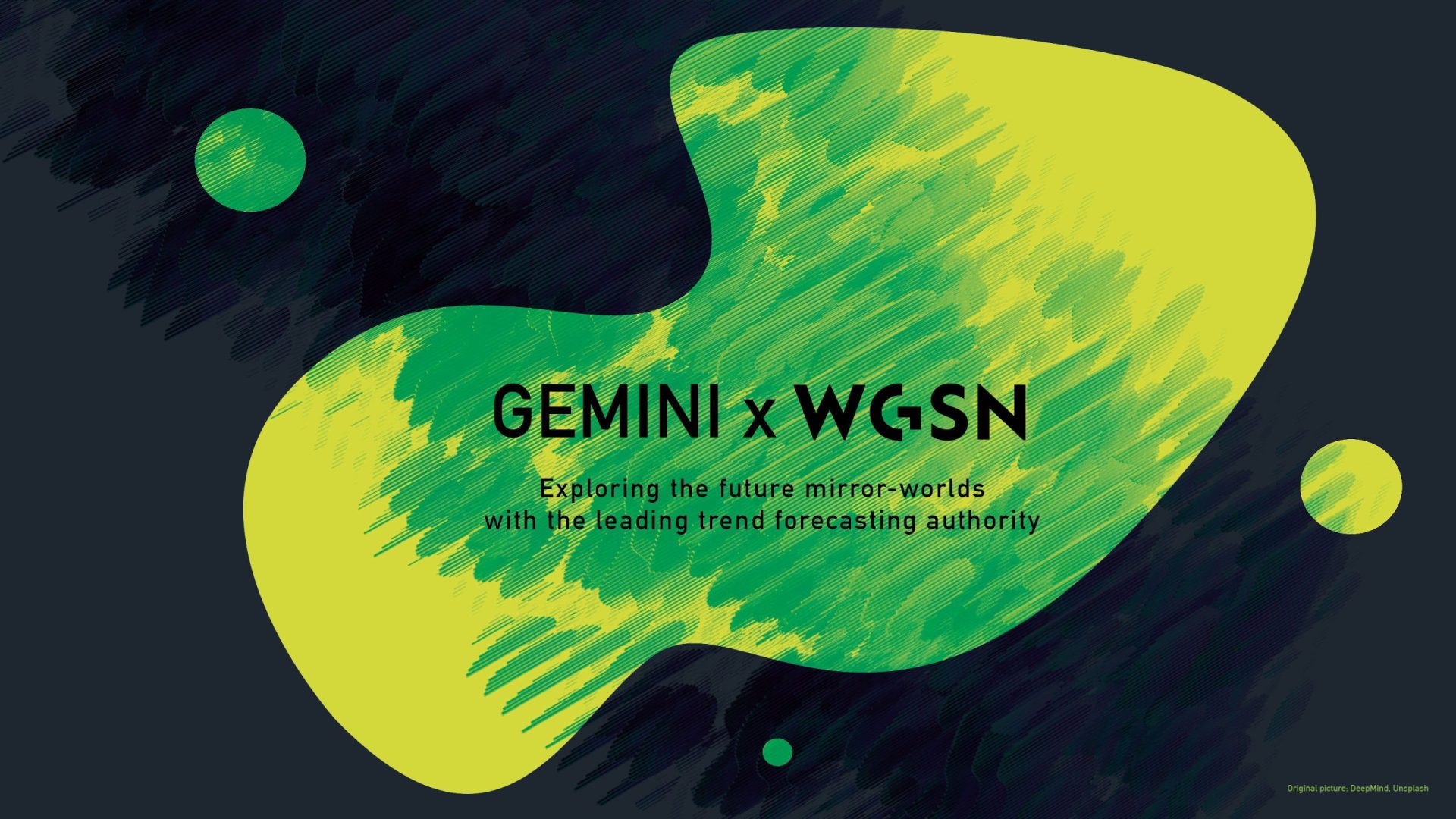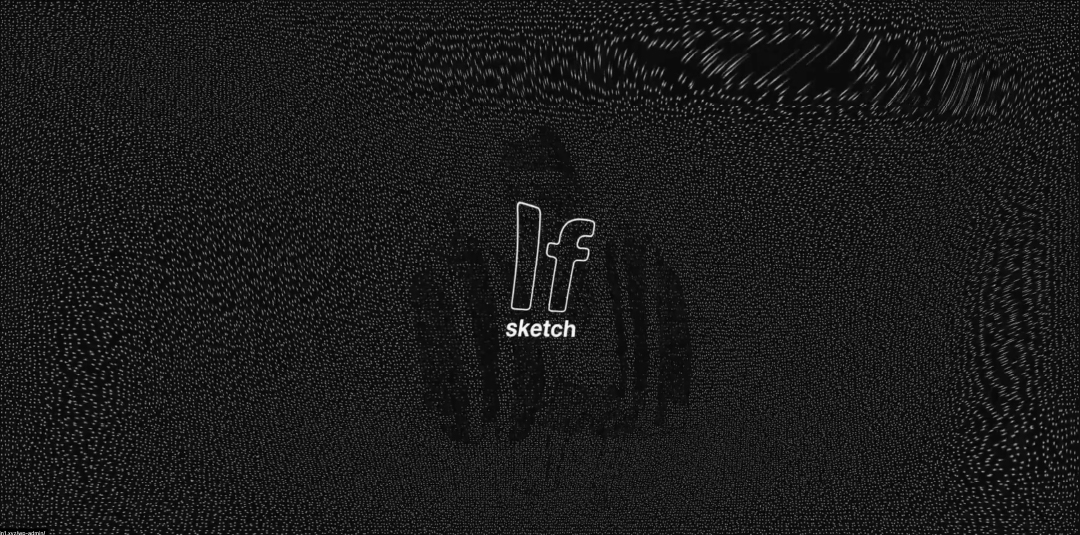Online gaming platforms such as Fortnite, The Sims, Minecraft and more, have been expanding their virtual worlds for years now, allowing users and gamers to creatively partake by building structures, systems and by exploring these infinite landscapes.
The metaverse will have its own virtual economy and people will be able to work, buy houses, be creative and sell their assets. In summary, they will be able to replicate or amplify their life online. So, what does it means from a creation, design, and material Perspective?
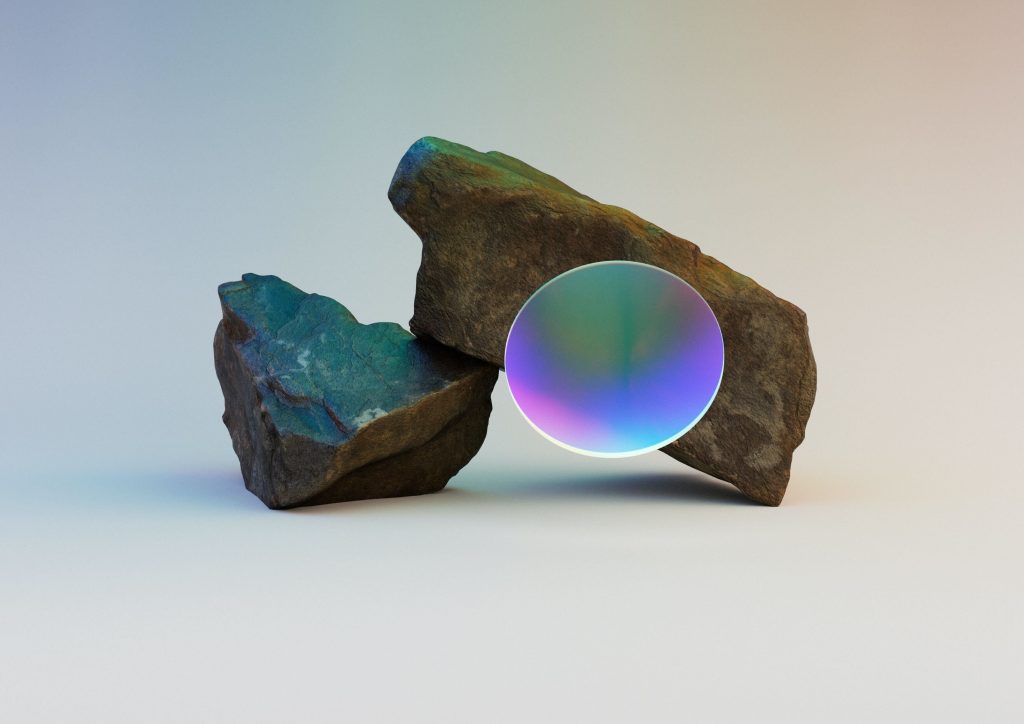
People require places in the metaverse; hence architects and designers are needed to create or enhance new spaces. With the expansion of this new world, however, who we consider to be architects will probably change.
There are some clear differences between metaversal/gamified and authentic/physical architecture. The characteristics of the space itself, its purpose often differ.
Architects and designers have the liberty to overcome physical laws and create exceptional environments – without limitations: The real-life laws of gravity, structural stability, and climatic issues, will not play a role in a digital environment.
On the other hand, for now, not all five senses are included in the metaverse architecture. Thus, the atmosphere is delivered with limited sources, and visual and audio effects are more emphasised.
Creating for the metaverse, designers and architects will need a different skill set than on the ground: going beyond 3d modeling and integrating digital world specific knowledge such as UX, UI design, coding, and even game design, liberating the world of architecture and redefining the industry workforce.
Many of the virtual worlds since the pandemic had a cartoonish, Web 1.0 look and feel, but as we move forward and as technology accelerates, there is a more sophisticated and luxurious digital aesthetic emerging.
In line with the rise of high-end rendered design by designers such as Six N Five and Andrés Reisinger, virtual worlds are taking on a fantastical dreamscape aesthetic. Signature traits include iridescent and holographic surfaces, exaggerated plants and alluringly ‘impossible’ elements such as infinity waterfalls As digital software and engines becomes increasingly advanced, renders and 3D designs are also becoming more tactile and realistic, with increasing use of elements such as feathers, petals, tassels, gilding and low-sheen velvet.
As we continue to become more in touch with our moods and emotions, digital spaces will be designed around how they make us feel. Humans are emotional beings, and engaging with audiences needs to be about more than just fun. Environments should be soothing or stimulating through the use of colour, texture, scent and sound. Environment will become sensorial and comforting, while minimalism is elevated through warm, poetic designs. 3D artists are providing inspiration for this spatial design direction through hyperreal renders of mood-altering environments.

How to action this:
Create Stillness
Design serene, meditative spaces, balancing openness with seclusion. Soothe the senses and calm the mind with a muted palette, contrasting organic textures and an interplay of light and shadow.
Provide Escapism
Bring viewers into a relaxed, restorative mood through slumber-inspired settings or bizarre, dreamlike narratives reminiscent of lucid dreams. Opt for refined, rich tones and gentle moonlight-like illumination.
Invite tactility
Ensure spatial design provides an added sensorial element, inviting touch through plush carpets, sinuous draped fringing or flocked, inflatable props. Encourage audiences to interact with spaces in unexpected ways
Reawaken and energise
Think outside the box beyond conventional restrictions and limitations, experimenting with disjointed navigation to disrupt the senses and increase engagement. Combine chroma-inspired lighting with reflective surfaces to energise and uplift.
Article powered by WGSN.com
Co-created by
-

WGSN
WGSN
WGSN Is The World's Leading Consumer Trend Forecaster. Our Accurate Forecasts Provide Global Trend Insights, Expertly Curated Data And Industry Expertise To Help Our Clients Understand Consumer Behaviour And Lifestyles, Create Products With Confidence And Trade At The Right Time.
Share
Discussion
Index
Index
Archives
Recommend
Recommend
Recommend
Recommend
Recommend
-

{ Special }
Shared Weather Experience Viewer
Shared Weather Experience Viewer
Shared Weather Experience Viewer
-

{ Community }
David OReilly talks about the development of technology and the crisis of human autonomy.
David OReilly talks about the development of technology and the crisis of human autonomy.
David OReilly talks about the development of technology and the crisis of human autonomy.
-

{ Community }
Five Science Fiction Novels Selected By Hayakawa Publishing Editor Shota Ichinose To Predict The Future 30 Years From Now
Five Science Fiction Novels Selected By Hayakawa Publishing Editor Shota Ichinose To Predict The Future 30 Years From Now
Five Science Fiction Novels Selected By Hayakawa Publishing Editor Shota Ichinose To Predict The Future 30 Years From Now
-

{ Community }
If Sketch
If Sketch
If Sketch
Special
Special
Special
Special
Special
Featured articles spun from unique perspectives.
What Is
“mirror world”...
What Is
“mirror world”...
What Is
“mirror world”...
What Is
“mirror world”...
What Is
“mirror world”...
“mirror world”... What Is
“mirror world”... What Is
“mirror world”... What Is
“mirror world”... What Is
“mirror world”...
Go Down
Go Down
Go Down
Go Down
Go Down
The Rabbit
The Rabbit
The Rabbit
The Rabbit
The Rabbit
Hole!
Hole!
Hole!
Hole!
Hole!
Welcome To Wonderland! Would You Like To Participate In PROJECT GEMINI?

